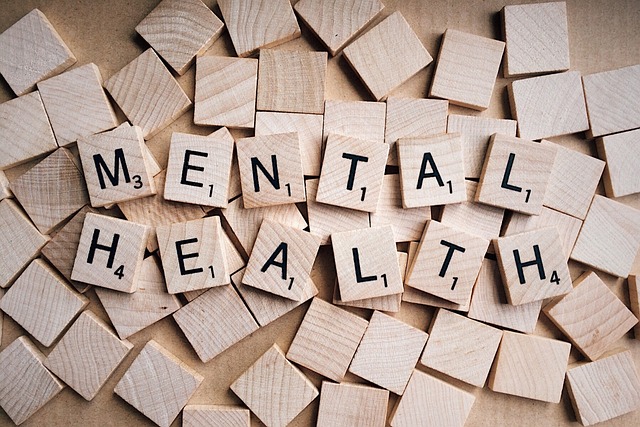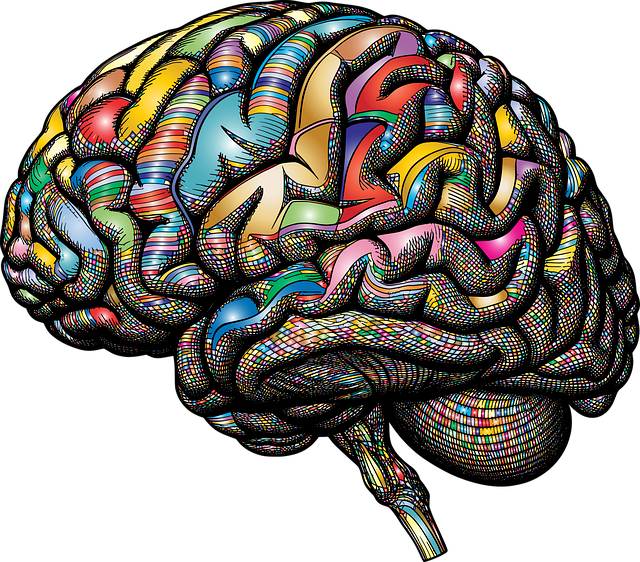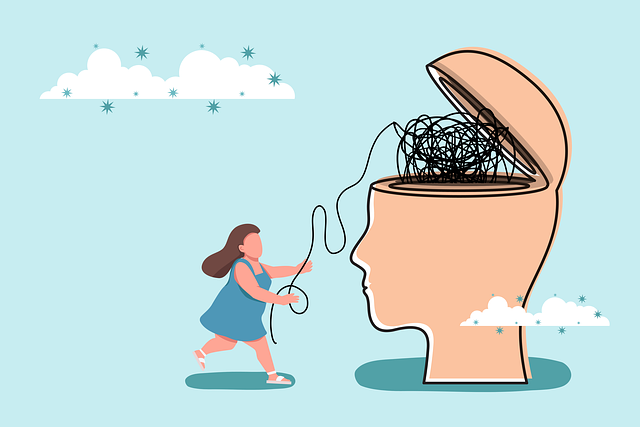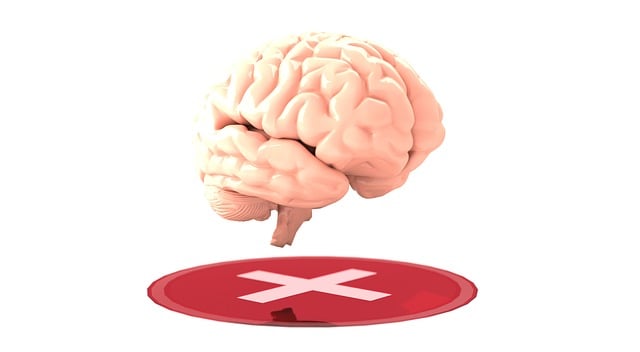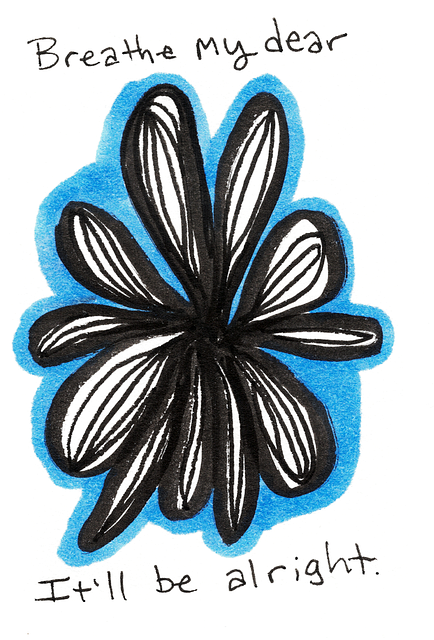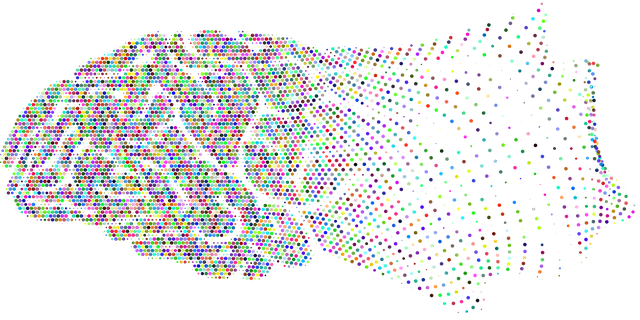Mental health crisis hotlines, such as Lone Tree Post-Traumatic Stress Disorder (PTSD) Therapy, serve as critical lifelines offering immediate support, active listening, and tailored resources for individuals in acute emotional distress or experiencing suicide ideation. These services facilitate connections to local therapists and community programs, ensuring continuity of care. By providing non-judgmental spaces for expression and teaching essential coping skills, hotlines empower users to build resilience, resolve crises, and promote long-term mental health stability. Accessing these resources is a vital step towards crisis prevention and holistic well-being within communities.
Mental health crisis hotline support services serve as a critical lifeline for individuals facing emotional distress. In this article, we explore the multifaceted role of these hotlines in addressing various mental health concerns, with a specific focus on Lone Tree Post-Traumatic Stress Disorder (PTSD) therapy. We’ll delve into how these services can be effectively accessed and utilized, providing guidance to those seeking immediate assistance. Understanding mental health crisis hotlines is the first step towards ensuring better access to much-needed support.
- Understanding Mental Health Crisis Hotlines: A Lifeline for Many
- The Role of Lone Tree Post-Traumatic Stress Disorder (PTSD) Therapy in Crisis Support
- Accessing and Utilizing Crisis Hotline Services Effectively
Understanding Mental Health Crisis Hotlines: A Lifeline for Many

Mental health crisis hotlines serve as a critical lifeline for individuals grappling with acute emotional distress or potential suicide ideation. These 24/7 services provide immediate support and guidance, offering a safe space to express feelings and concerns. Trained professionals on the other end of the line offer active listening, crisis intervention, and valuable resources tailored to each caller’s unique situation. Whether it’s post-traumatic stress disorder (Lone Tree Post-Traumatic Stress Disorder Therapy) or severe anxiety, these hotlines provide a non-judgmental environment where individuals can receive immediate assistance and connect with appropriate care.
Beyond initial support, mental health crisis hotline services often serve as gateways to longer-term solutions. They facilitate connections with local therapists, community outreach program implementations, and stress management workshops organization, ensuring continuity of care. Through regular monitoring and follow-up calls, hotlines play a vital role in Mental Health Policy Analysis and Advocacy, contributing to broader systemic changes that aim to prevent crises and promote holistic well-being within communities.
The Role of Lone Tree Post-Traumatic Stress Disorder (PTSD) Therapy in Crisis Support

In the midst of a mental health crisis, accessing immediate support is paramount. Lone Tree Post-Traumatic Stress Disorder (PTSD) Therapy plays a pivotal role in offering crucial crisis intervention guidance to individuals experiencing severe emotional distress. This specialized therapy isn’t just about treating PTSD; it equips participants with essential coping skills development, enabling them to navigate challenging situations effectively. By providing a safe space for expression and teaching practical strategies for managing anxiety and trauma, the therapy boosts confidence and promotes resilience.
The holistic approach of Lone Tree PTSD Therapy goes beyond symptoms management; it empowers individuals to take charge of their mental well-being. Through interactive sessions, participants learn to recognize triggers, process traumatic memories healthily, and develop positive coping mechanisms. This not only aids in crisis resolution but also paves the way for long-term mental health stability and improved quality of life.
Accessing and Utilizing Crisis Hotline Services Effectively

Accessing crisis hotline services can be a lifesaving step for individuals experiencing mental health crises, such as those suffering from Lone Tree Post-Traumatic Stress Disorder (PTSD) therapy needs. These hotlines offer immediate support and guidance, connecting people with trained professionals who can provide essential resources and care. Utilization of these services requires a simple step-by-step process: first, identify the need for assistance, then dial the hotline number, and finally, be prepared to openly communicate your situation. Many hotlines employ confidential and non-judgmental approaches, ensuring individuals feel safe to express their struggles.
Effective use involves articulating one’s feelings and symptoms clearly. Sharing details about the crisis can help hotline counselors offer tailored support, whether it’s guiding users towards local treatment options or providing coping strategies for managing intense emotions. Additionally, these services play a vital role in reducing the stigma associated with mental illness by offering a non-stigmatizing space to seek help. Building inner strength and resilience starts with taking that first step, making these crisis hotline services invaluable assets in navigating challenging times.
Mental health crisis hotline support services, including specialized Lone Tree Post-Traumatic Stress Disorder (PTSD) therapy, play a pivotal role in offering immediate assistance and long-term solutions to individuals facing mental health crises. By providing accessible resources and effective interventions, these hotlines empower people to navigate challenging situations and foster resilience. Through increased awareness and easy accessibility, crisis hotline services continue to be invaluable resources in our community, ensuring that no one faces their struggles alone.
